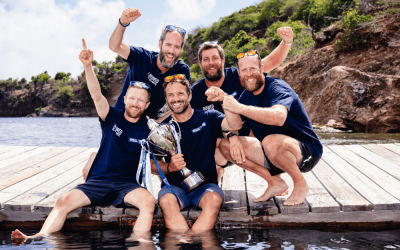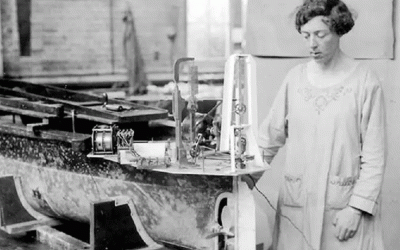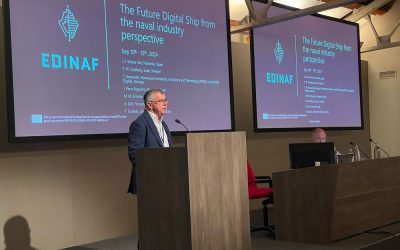Ship & Boat International eNews: December 2020

Construction has commenced on the first pair of autonomous, all-electric ro-ro vessels to join the fleet of Asko Maritime, the marine logistics wing of Norwegian grocery wholesaler Asko. The pair is intended to help Asko in achieving its goal of presiding over “100% emission-free transport” by 2026.
The 66m x 15m vessels are being built at Cochin Shipyard, India, with deliveries anticipated in early 2022. They will operate in the Oslo fjord, conveying goods to and from the ports of Moss and Horten. The order was partially funded (to the tune of just under US$13.5 million) by Enova, the Norwegian government agency focused on the development of environmental solutions, and contains an option for a further two vessels of this type.
Naval Dynamics, Norway supplied the vessels’ designs. Both will be operated by the Massterly venture, established by Kongsberg Maritime and Wilhelmsen in 2018 with the specific aim of handling autonomous ships and boats. Massterly estimates that the two newbuilds could cut 5,000tonnes of CO2 emissions each year by taking 150 of Asko’s 800 trucks off the road daily.
Each ro-ro will be able to load, carry and discharge 16 standard EU trailers. Particulars include a draught of 1.7m (design) / 1.9m (scantling) and a deadweight of 448tonnes (design) / 573tonnes (scantling). Installed battery power per vessel will amount to 1,846kWh, granting each vessel a range of four hours, fully loaded, at 8knots.
Upon delivery, the duo will initially operate with a skeleton crew, before approval for fully autonomous operations is obtained from the Norwegian Maritime Authorities (NMA): a necessity, given that the vessels will be working within Norway’s coastal jurisdiction. Massterly will work alongside DNV GL in conducting a detailed risk assessment for the vessels, based on IMO 1455 guidelines regarding alternative ship designs. The newbuilds will be granted the DNV GL notation 1A1 + Battery Power + RP(1,40) + R3 + General Cargo + BIS.





